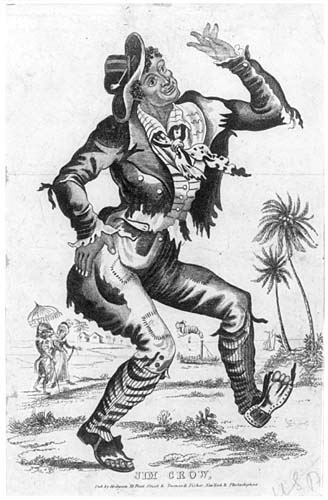Venue Type & Location
Concert Hall
Overview
Information about this venue has not yet been compiled; however, some sense of the performance space may be gleaned by following the links at right. In particular:
See the 'Bibliographic Sources' link for a provisional list of venue-relevant resources (both primary and secondary). Wherever possible (i.e. when the pertinent text is relatively short and/or easily condensed) this material has been transcribed, and appears beneath the appropriate bibliographic citation.
See the ‘Events at venue’ link for a listing of blackface/minstrelsy-related events that took place in this performance space (with attached bibliographic references).
Beth Marquis
Troupes at Holder's Concert Room, Coleshill Street
| Film | Affiliated people | Film Type | # of event(s) |
|---|---|---|---|
| Barlow, W.R. | Barlow, W.R. | Minstrel | Definite Barlow, W.R. |
| Ceda (1848) | Ceda, William | Minstrel | Definite Ceda (1848) |
| Johnson | Johnson, | Minstrel | Definite Johnson |
| Mackney, E.W. | Mackney, E.W. | Minstrel | Definite Mackney, E.W. |
| Nigger Trio, The (Birmingham, 52) | Minstrel | Definite Nigger Trio, The (Birmingham, 52) | |
| Templeton, H. | Templeton, H. | Vocal Entertainment | Definite Templeton, H. |
Events at Holder's Concert Room, Coleshill Street
| Event | Date | Venue Location | Film |
|---|---|---|---|
| Variety | - | Birmingham, Warwickshire | Barlow, W.R. |
| Variety | - | Birmingham, Warwickshire | Barlow, W.R. |
| Variety | - | Birmingham, Warwickshire | Templeton, H. |
| Variety | - | Birmingham, Warwickshire | Ceda (1848) |
| Variety | - | Birmingham, Warwickshire | Johnson |
| Variety | - | Birmingham, Warwickshire | Mackney, E.W. |
| Minstrel Show | - | Birmingham, Warwickshire | Barlow, W.R. |
| Variety | - | Birmingham, Warwickshire | Nigger Trio, The (Birmingham, 52) |
Bibliographic Sources
- Era (London) May 23, 1852: 11:2.
”Holder's Grand Concert Rooms, 88, 89, 90, Coleshill Street, Birmingham.
.
This Music Hall was opened on the 24th June 1846 by Henry Holder who was the proprietor of the Rodney Inn at No.87 next door (both shown left.) It was then known as Holders Hotel and Concert Hall. It had many changes of proprietors during its time; Soward and Gardiner, John Soward, junior, John Judd and Company who changed the name to The Birmingham Concert Hall, and Phillips and Chowles.
In 1886 Charles Barnard became the proprietor, and changed the name, to The Gaiety Concert Hall.
In 1897 it was re-named The Gaiety Theatre of Varieties.
When it closed in 1920 the proprietor and lessee was Ben Kennedy. This was a very popular music hall of high esteem, having a seating capacity of 3,500. It had a fine organ played by Mr. Sola. In its early days patrons had to be properly dressed and wear top hats before being allowed admission. It closed in 1920 and became a cinema, which finally closed on the 29th November 1969.
Above text (edited) and image, from the book ' Birmingham Theatres Concert & Music Halls' Victor J. Price.””Address - 88-90 Coleshill Street, Birmingham, West Midlands, England
Details - A performance room of some kind with a platform 30ft by 12ft is reported as existing in 1841. In 1846 the Rodney Inn Concert Rooms opened, probably a rebuild or part rebuild of the earlier room. In 1857 a new and much larger hall (116ft long) was built without first closing the existing room (it was possibly built around and over the old structure, as was done at the Canterbury Hall in London in 1854). This seems to have been a grand music hall on the lines of the Canterbury/Weston’s halls, with a capacious balcony on three sides but, in this case, with a proscenium and a painted act drop to what was possibly a scenic stage, rather than a concert platform. In 1886 the hall reopened as the Gaiety after extensive alterations and improvements and was, for a time, run by Charles Barnard, who owned theatres and music halls in north Kent. At this time it had (surprisingly) a temperance bar. The 1897 rebuild within the brick shell of the old building was on fully theatrical lines with horseshoe tiers, elaborate plasterwork and domed boxes. In 1920 it reopened as a cinema. In September 1936 part of the gallery fell in after an explosion in the operating box. The new Gaiety opened in 1938. It closed in 1969 and was demolished the following year.”- Newton Abbot: David & Charles, 1974See image, p18

